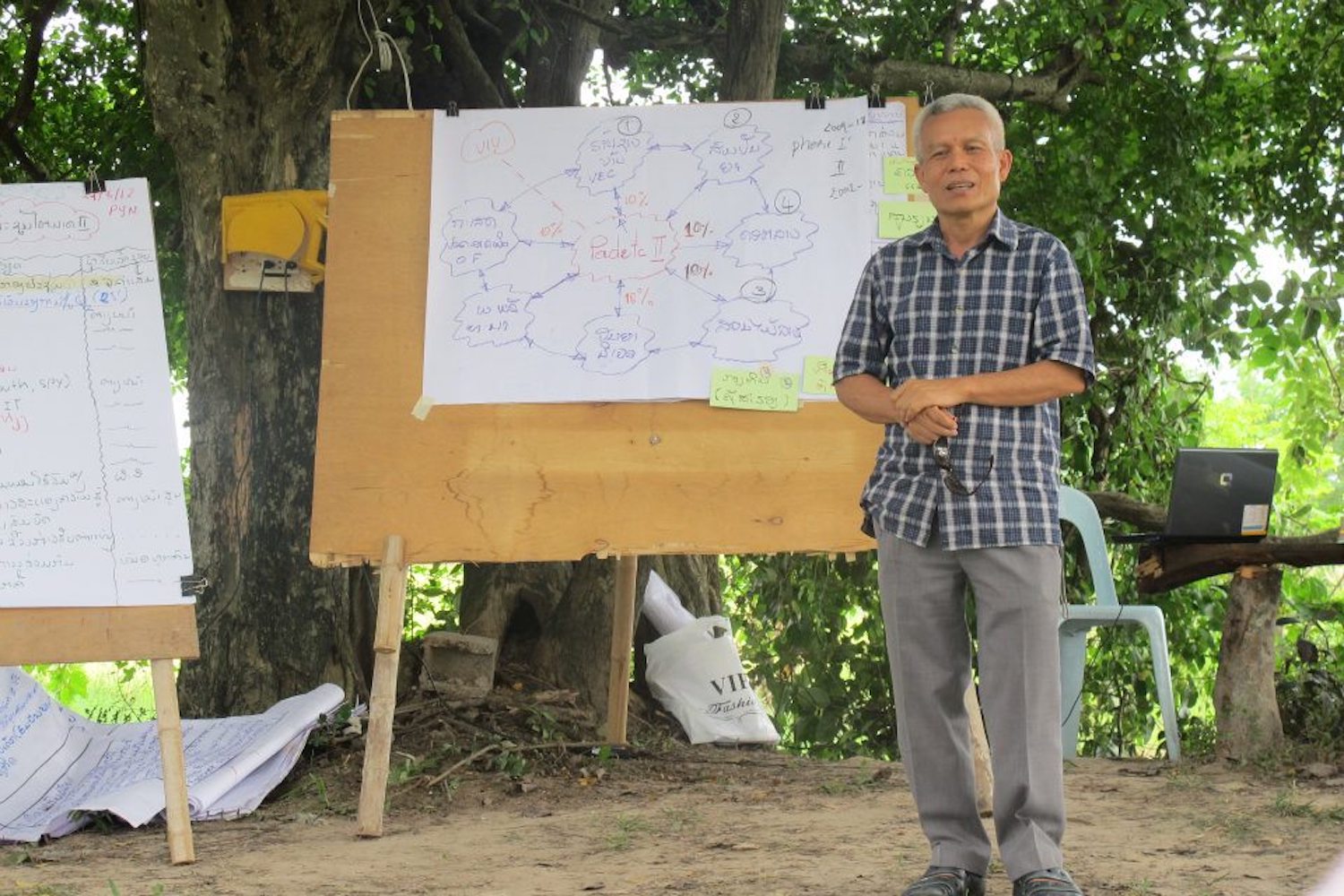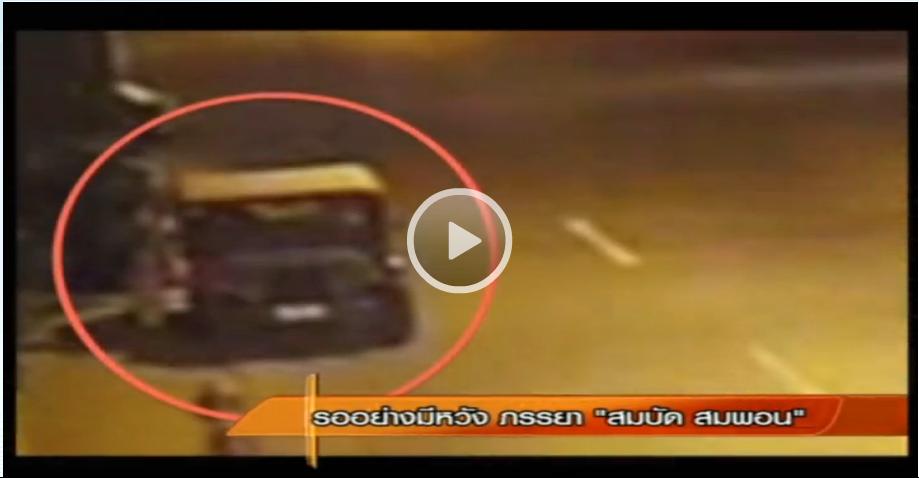It is unlikely any single event could attract more international scrutiny of Laos’ appalling human rights record than the Sombath Somphone case did in late 2012 and 2013. Yet, the ritual announcements of donor aid have continued, including a recent top-up of US$3.9 million from the US, EU, UNDP and France for the Legal Sector Master Plan and its goal of instituting a rule of law state in Laos by 2020. In this game, Lao leaders uphold their side of the bargain by maintaining the government’s commitment to goals negotiated as part of the annual Round Table Process between the government and donors, such as pursuing “offtrack areas of the MDGs” and strengthening the rule of law. As long as egregious incidents like Sombath’s enforced disappearance fail to impact upon this bargain, such commitments will continue to operate as mechanisms of governance that reinforce the status quo, rather than as principles guiding better governance.
Simon Creak, in “Laos in 2013: International Controversies, Economic Concerns and the Post-socialist Rhetoric of Rule,” Southeast Asian Affairs, 2014







